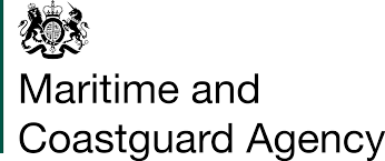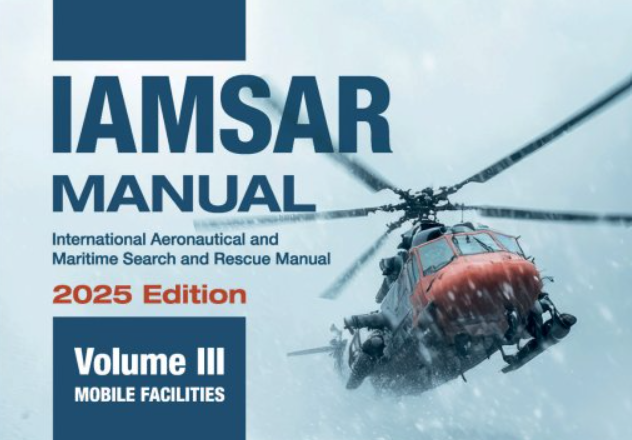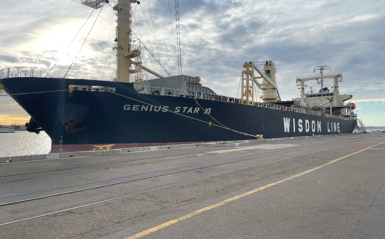
West P&I Club has highlighted the issue surrounding wet weather loading Group A IMSBC cargoes.
The Club said it has recently seen several instances regarding loading bulk cargoes that are categorised as Group A cargoes under the IMSBC Code during precipitation.
Group A cargoes should never be loaded where it has been determined that the moisture content of the cargo exceeds the Transportable Moisture Limit (TML). It is therefore understandable that some vessels opt to restrict the amount of moisture that the cargo is exposed to by avoiding loading during periods of precipitation. Continue reading “West P&I Club loss prevention information on wet weather loading Group A cargoes”









 You don’t need me to remind you of the catastrophic incident in March 2024, which resulted in the MV Dali totally destroying the Francis Scott Key Bridge in Baltimore, killing six highway workers in the process. It really is one of the most spectacular and tragic maritime accidents in recent times, witnessed around the world by millions. We have covered the story in more detail elsewhere in this news bulletin,
You don’t need me to remind you of the catastrophic incident in March 2024, which resulted in the MV Dali totally destroying the Francis Scott Key Bridge in Baltimore, killing six highway workers in the process. It really is one of the most spectacular and tragic maritime accidents in recent times, witnessed around the world by millions. We have covered the story in more detail elsewhere in this news bulletin, 